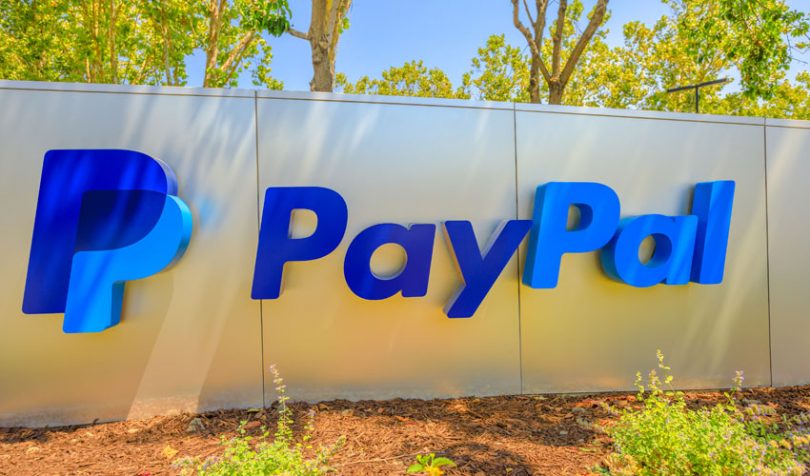Today Cambridge Blockchain the U.S. digital identity startup announced that Paypal has joined its Series A funding round with a view to exploring collaboration.
“Our service helps streamline digital identity compliance while giving customers control over their identity data,” said Matthew Commons, Cambridge Blockchain’s CEO. “We are honored by PayPal’s vote of confidence, and we look forward to their support and guidance.”
The startup focuses on digital identity, even in privacy stringent jurisdictions with experience in sharing identity data across European financial institutions.
Other new participants in the funding round are Omidyar Network and Flourish (part of Omidyar Group). The original Series A round was in May last year with $7 million raised from Foxconn’s HCM Capital, Partech Partners, Future\Perfect Ventures and Digital Currency Group. That followed a $2 million seed round.
To date, Cambridge Blockchain has inked a few high profile deals according to The Paypers. One was with LuxTrust the state-supported group which provides bank identity solutions in Luxembourg. The other was with the IHTMarkit subsidiary KYC.com to complement existing KYC and AML checks.
How it works
Personal identity data isn’t stored on the blockchain itself. Instead, the blockchain stores an indecipherable hash which can’t be reversed to reveal any data. However, it acts as a fingerprint. So if the same data is shared with someone else, they can check if the “fingerprint” matches.
Consider if a customer provides identity documents to its bank, and they decide to open an account with another bank. The customer chooses to share the data with the second bank, and the second bank knows that the document has already been validated. The second bank is still responsible for their own KYC, but it starts the ball rolling much faster.
The solution stores the data in a “Personal Data Service” which interacts with a mobile app. That means the consumer can make decisions via the mobile app. However, the data is nonetheless stored on Cambridge Blockchain servers, even if they are bank-grade.
The article was updated to add details about deals and How it works







